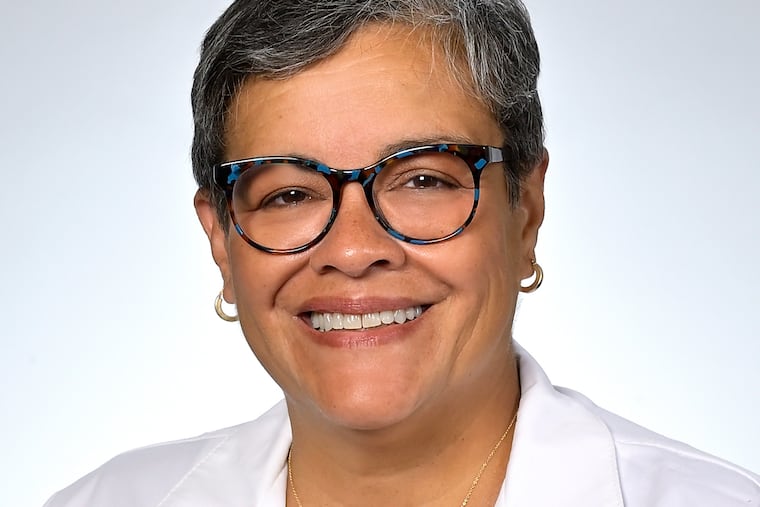Five Philly-area medical schools join UPenn mentoring initiative to build a diverse pipeline of future doctors
The program provides mentorship for medical students at six Philadelphia-area schools.

A University of Pennsylvania initiative to increase the number of doctors from racial groups underrepresented in medicine has expanded to five other medical schools in the Philadelphia area.
The Alliance of Minority Physicians has worked for 12 years to recruit and mentor residents from underrepresented groups at Penn and Children’s Hospital of Philadelphia. The program expanded last year to mentor medical students earlier in their careers at Temple, Jefferson, Drexel, PCOM, and Cooper, as well as Penn.
The new initiative, called Pathways to Excellence in Medicine, is part of Penn’s effort to improve diversity within its medical school and, ultimately, the physician workforce. Research has found that patients respond better to treatment when they share a similar background with their doctor, so a diverse physician workforce is critical to improving care in underserved communities.
» READ MORE: How medical schools are considering race after the Supreme Court limited affirmative action in admissions
The first cohort of 19 medical students was supported by a one-time, $250,000 grant from the Independence Blue Cross Foundation. Their first year is now wrapping up, and organizers are looking for new funding sources to continue the program.
‘No support system’
Iris Reyes, a professor of clinical emergency medicine at Penn, founded the Alliance for Minority Physicians in 2012 after seeing residents struggle to find their footing.
Reyes recalled an orthopedic intern who had attended medical school at a historically black college, then came to Penn where he was the only person of color in his department.
“How does it feel to come from an HBCU to a place where you’re the only person of color?” Reyes said. “There was no support system in place.”
The program helped make connections to talk through interactions with a colleague or feedback from a supervisor, said Jessica Fowler, an assistant professor of clinical anesthesiology at Penn and a pediatric critical care doctor at CHOP.
For instance, she said, “If someone is questioning your performance, are they questioning because you’re a learner? Or because of your gender or race?”
Program mentors also helped her craft a strong resume and think through how to best demonstrate her expertise to department leaders.
Expanding to Philadelphia-area medical schools
By expanding to additional medical schools, the Alliance of Minority Physicians wants to help establish those connections sooner and reach students who may be questioning whether they want to continue pursuing a medical career.
The program aims to “help them see the influence they could have, the power they could have in the community,” said Fowler, who now helps lead recruitment for the Alliance of Minority Physicians.
The yearlong program includes in-person training events, networking opportunities, career guidance, and mentorship.
Reyes hopes to secure funding to continue the medical school initiative.
Reyes said she was the only person of color in her residency training cohort in the 1980s, but that she was “lucky to stumble on mentors who really did stretch out a hand to pull me along.”
She wants the Alliance of Minority Physicians to be that hand for future doctors “to be able to reach out to somebody who’s already there.”